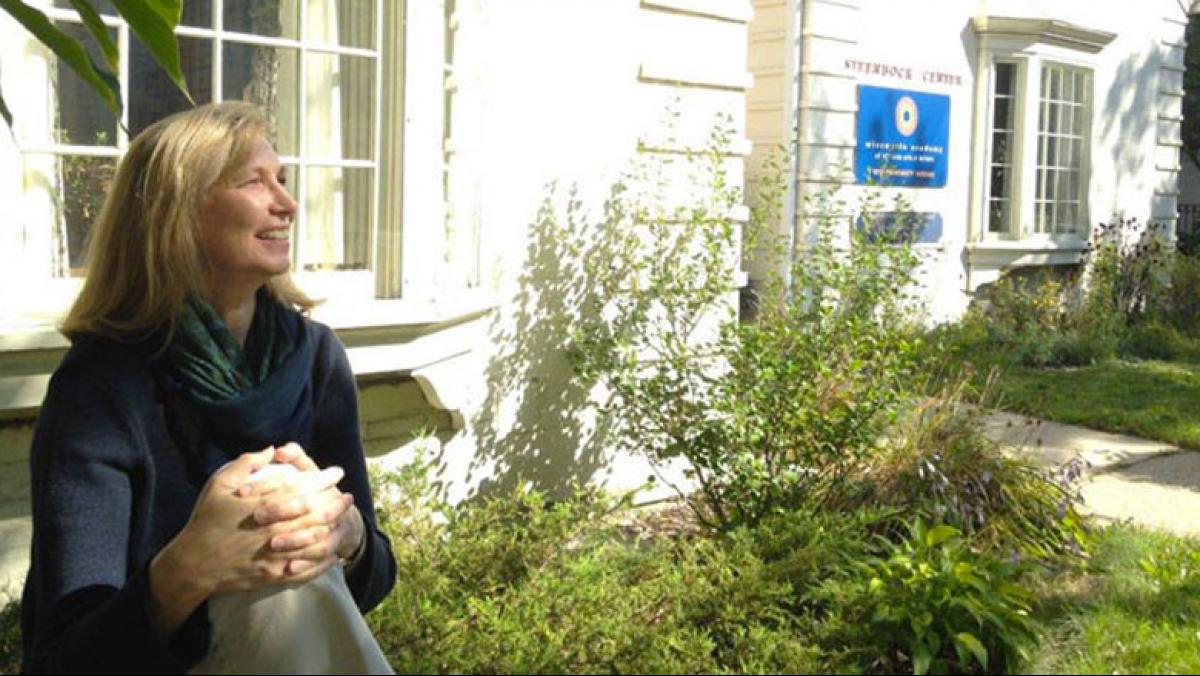As the dust was settling from the Democratic and Republican National Conventions at the end of the summer, a friend of mine excitedly posted on Facebook, “I actually heard the word citizenship used!” While I can’t recall how many other people “Liked” this comment (I did), her jubilation made me consider the last time I had heard the word citizenship.
Suddenly, a memory appeared: A grade in the category of Citizenship on my elementary school report card. How was I graded, I wondered, by raising my hand and following instructions or was it for waiting my turn on the playground or correctly reciting the Pledge of Allegiance?
I have no idea what we were graded on, but I’m intrigued that it was part of the assessment of our progress as students. While this happened back in the Wonder Bread years, the memory of being graded on my level of citizenship made me consider how I would be graded today.
To generate a basic grading system, I started by exploring the word itself. Merriam-Webster’s online dictionary offers these simple definitions for citizenship:
1. the status of being a citizen
2. a: membership in a community (as a college)
b: the quality of an individual’s response to
membership in a community.
While the first definition is the most obvious one, it begs the question of how this status is conferred or achieved. Is one automatically a citizen by birth, or does one have to do something to get it? This leads to the second definition and the notion of belonging to or ownership in a community and the quality of individual response to this community. Aha, I thought, here is the deeper and more powerful meaning I’m looking for.
With a little more digging, I traced the lineage of citizenship back to its roots in Middle English, which drew its usage from the French and, ultimately, the Latin civitas. The Latin word civis literally meant a member of a city or a community, but the ancient Roman citizen was no mere resident. For the Romans citizenship was a unique combination of rights and responsibilities, a social compact where privilege came hand in hand with an obligation to sustain what we would today call the community.
In the archaic Roman and Greek world, citizenship was not a passive concept. Rather, citizenship was an active, vital practice. As it should be today.
I believe that the embrace and expression of reciprocal values like justice, tolerance, selflessness, fairness, and a love of country/community/place is essential to sustaining our community. America’s founding documents overflow with these values and aspirations: “All men are created equal … endowed by their Creator with certain inalienable Rights … among these are Life, Liberty and the pursuit of Happiness” or “Liberty and justice for all.”
The concept of being endowed with rights is a key part of citizenship, and the rights we enjoy as Americans are truly remarkable. But these rights are only half of the equation. To safeguard them, we have to own the responsibility as well: informed participation, cooperation, and doing our part to hold up the social contract between citizens and their government.
Informed participation is increasingly challenging in a nation where the facts and nuance of any given issue are too often overshadowed by spin, personal attack, and obfuscation. The news media, once called the “fourth estate” in our democracy, has morphed into a handful of major media conglomerates plying infotainment and manufacturing targeted “news content” for a 24-hour news cycle that leaves little room for reflection or context. We’re drowning in information, and sorting out the trivial from the critical is no easy task. These days a citizen really has to work at being informed—and keep from being overwhelmed by information.
Coupled with this information overload is an attack on knowledge itself, where reasoned facts are framed as “elitist,” scientific findings are dismissed as conspiracy, and public education is no longer considered foundational to American democracy.
All these distractions can make cooperation that much more difficult. But if history has taught us anything it is that organized cooperation for mutual benefit works—if we find ways (and time) to do it. I know it is hard to cooperate when elections are treated like winner-takes-all gladiatorial events. But winners and losers alike need to remember that cooperation isn’t subjugation. It involves some give and take, some respect, some listening, and some willingness to take risks to help each other out because it is the right thing to do.
Our work at the Wisconsin Academy is to help strengthen the capacity for citizenship by fostering opportunities for people to be curious, to learn, to discuss, to seek knowledge, and to participate in communities of many kinds and scales. You’re part of this community, too. So, take what you learn in the pages of our magazine, that bit of research you heard at an Academy Evening talk, or some creative inspiration you found at our James Watrous Gallery and use it for the betterment of your community, your state, your world.




